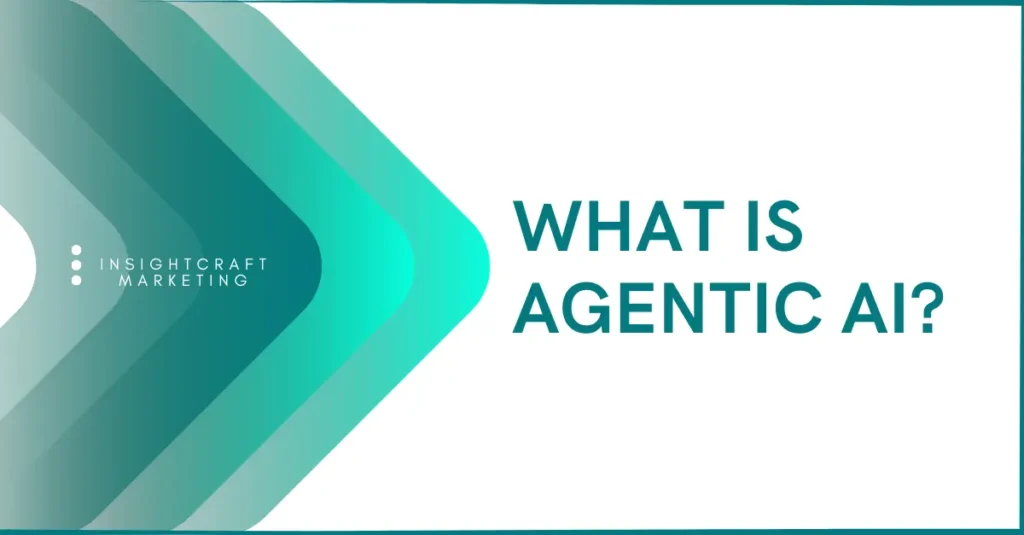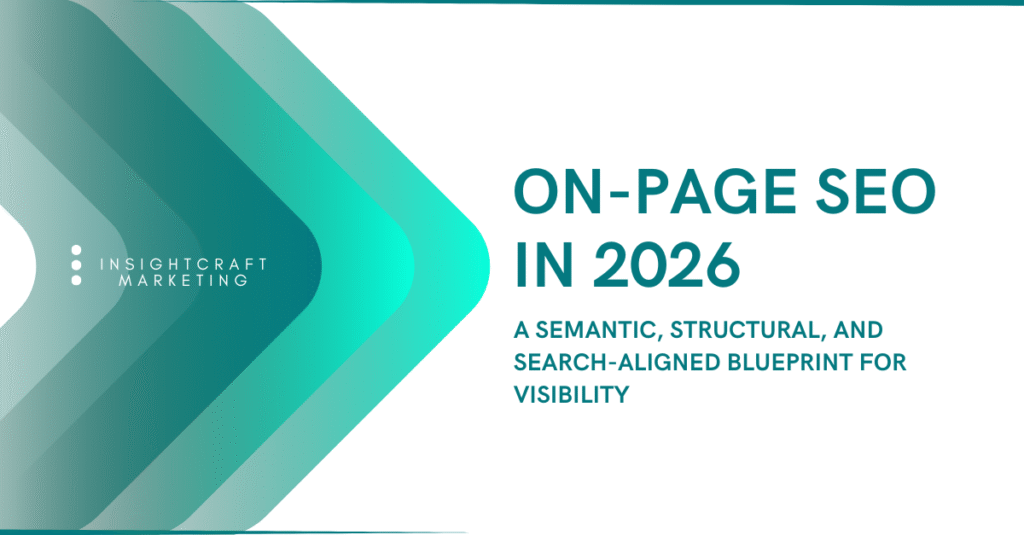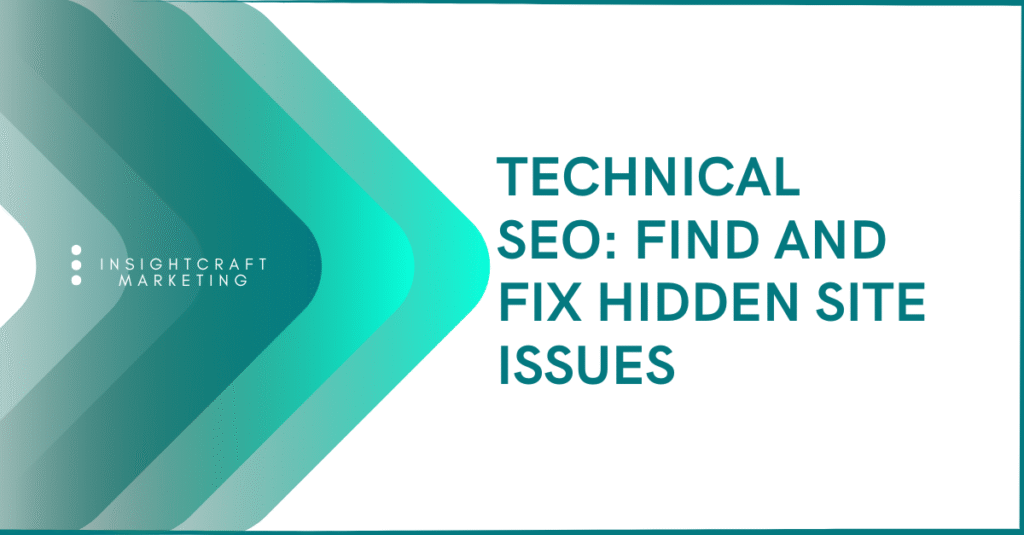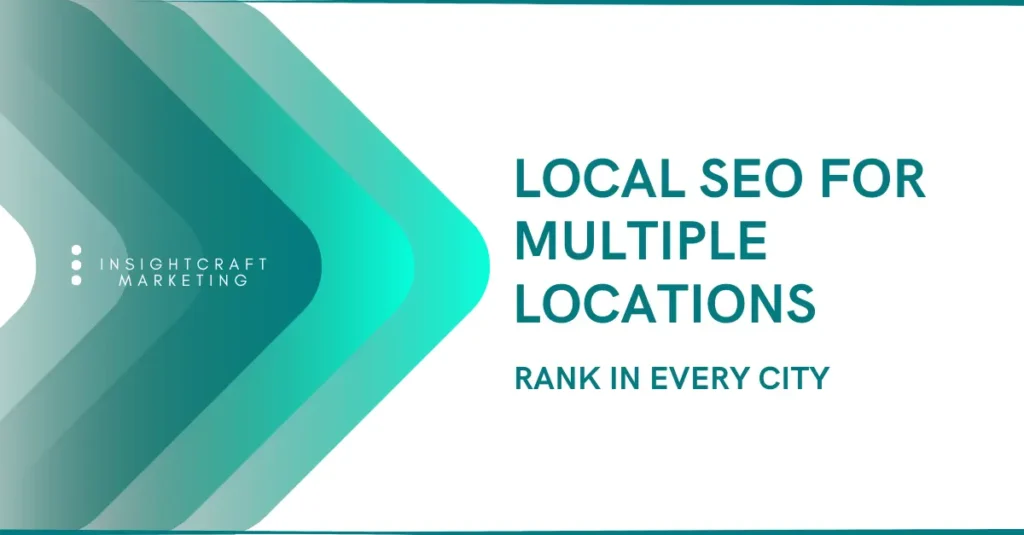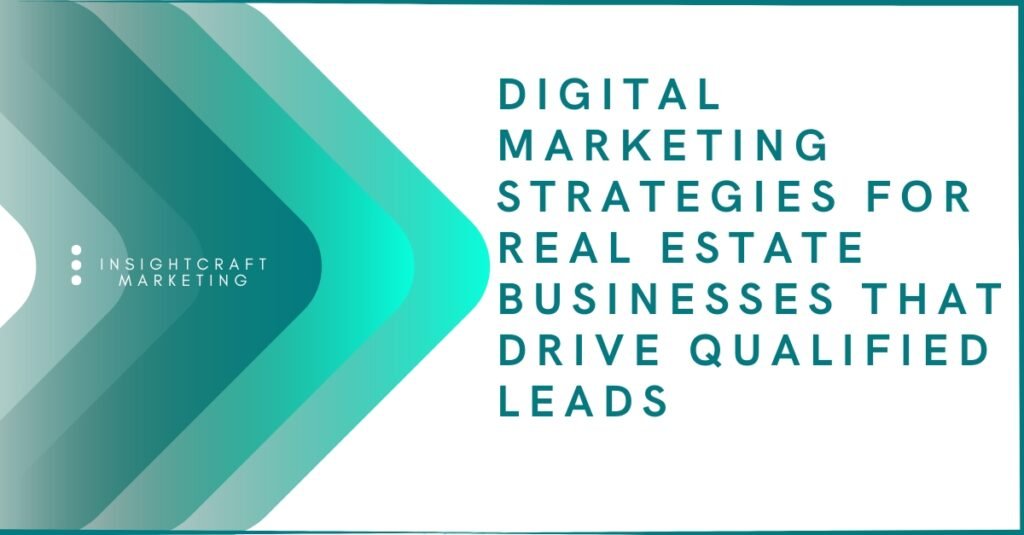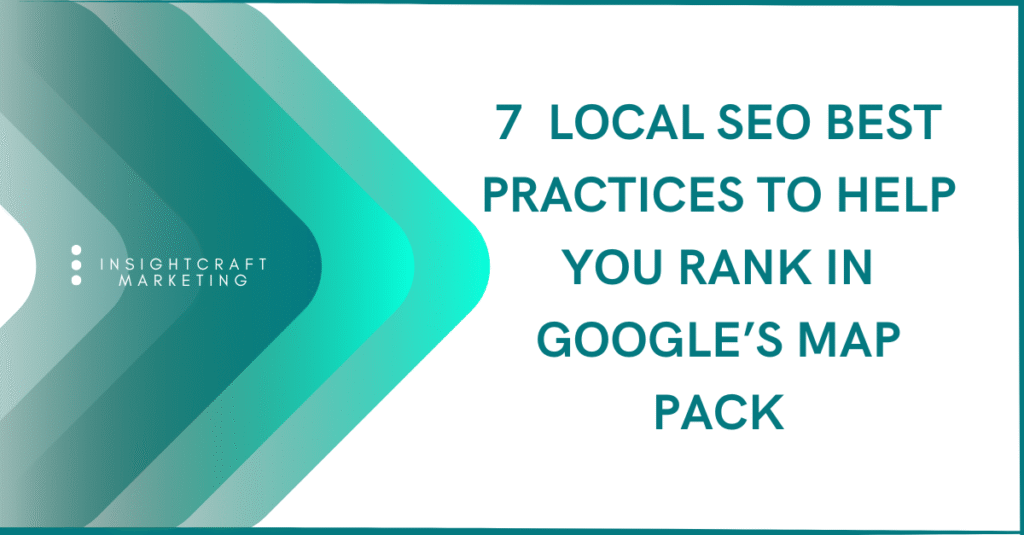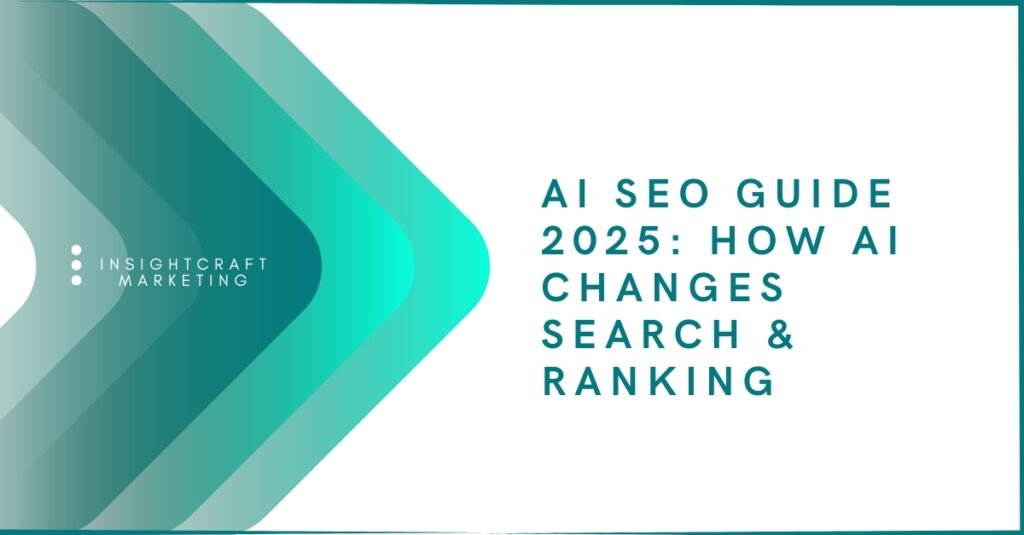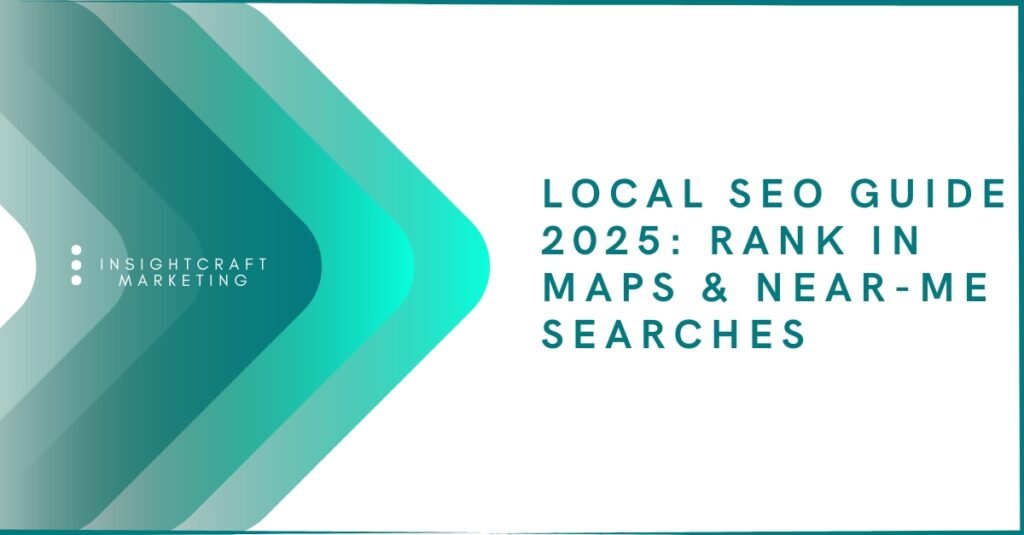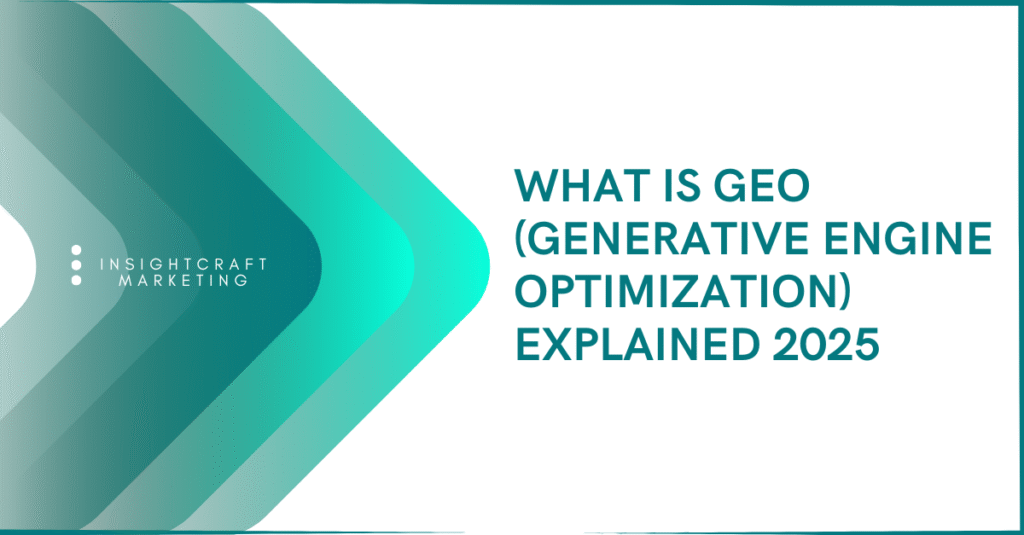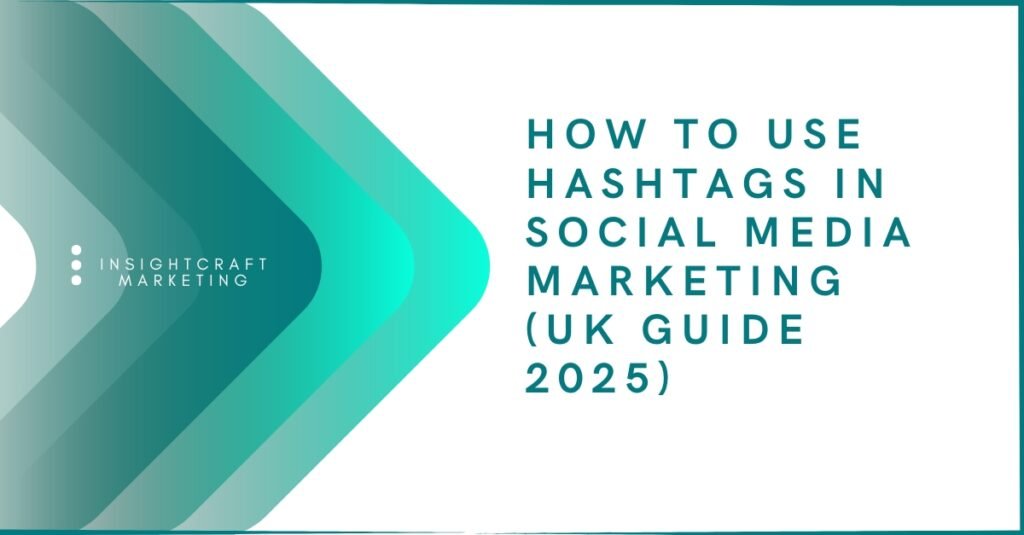Why is SEO important for small businesses?
SEO increases your visibility in Google so the right customers can find you. It drives qualified traffic, fills your pipeline with leads, and supports sales without paying for every click. The result is a cost-effective way to compete with larger brands and grow online.
Are you a small business owner who feels like you are one voice in a sea of online noise. In today’s digital world everyone fights for the same spotlight. The good news is that SEO can help you stand out, win more customers, and grow your brand without breaking the bank.
In this guide you will see why SEO is a must for small businesses and how to use it to level up your online presence.
What is SEO and why does it matter for small businesses
SEO is the practice of improving your website so search engines can understand, index, and rank it for relevant queries. Higher rankings bring more clicks from people who are already searching for what you offer.
Modern SEO aligns content with search intent, uses structured data for clarity, and keeps pace with Google’s systems that evaluate page experience, relevance, and authority.
Why do small businesses need SEO
SEO is a must if you want to be discovered online. It improves visibility, attracts the right audience, and can lift sales over time. Because results compound, SEO helps smaller brands compete with bigger budgets.
Key SEO terms every small business should know
What is keyword ranking
Keyword ranking is your position in search results for a specific query. Higher positions win more clicks. Improve rankings by matching content to intent and optimizing on-page elements.
What is organic traffic
Organic traffic is the visitors who arrive from unpaid search results. It is valuable because it is consistent and intent-driven.
What is conversion rate
Conversion rate is the percentage of visitors who complete a desired action such as a form submit or purchase. Small changes to copy, layout, and forms can move this number significantly.
What is local SEO
Local SEO helps you appear in searches within your service area. It relies on an optimized Google Business Profile, consistent NAP details, local reviews, and location pages.
What is on-page SEO
On-page SEO covers optimizations on your site such as headings, copy, internal links, image alt text, and schema markup so search engines understand each page.
What is off-page SEO
Off-page SEO includes signals from other sites such as authoritative backlinks and brand mentions that build trust and authority.
What is technical SEO
Technical SEO ensures your site is fast, crawlable, mobile-friendly, secure with HTTPS, and free of major errors. It helps search engines access and index content reliably.
What is bounce rate
Bounce rate is the percentage of visitors who leave after viewing one page. A high rate can signal a mismatch between intent and content.
How SEO helps small businesses grow
Increasing online visibility
Without SEO your site may not appear for valuable searches. With SEO you climb results and capture demand already in market.
Building credibility and trust
High rankings and complete business profiles build trust. Reviews, accurate information, and clear expertise signals help customers choose you.
How does SEO help small businesses
SEO increases visibility, brings targeted visitors, and grows trust. It helps small teams reach ready-to-buy customers without paying for every click.
How long does it take for SEO to work
Most businesses see early movement in a few months and stronger results in three to six months. Momentum builds with consistent effort.
How SEO drives long-term growth
Cost-effective marketing
Unlike ads that stop when you stop paying, SEO creates durable assets that continue to attract visitors. It is one of the most efficient channels for small teams.
“SEO is a cost-effective way to improve visibility and drive organic traffic. It is an investment that pays off over time for small businesses.”
Competitive edge
If competitors outrank you they collect the clicks. SEO helps you meet and surpass them with better content, experience, and authority.
What are the benefits of SEO for small businesses
SEO is cost-effective, builds long-term growth, and creates a competitive edge. Its impact persists long after each piece of work is completed.
Is SEO better than paid ads
SEO compounds over time while ads produce short bursts of traffic. Many small businesses use both but SEO is the more sustainable foundation.
Key SEO strategies for small businesses
Keyword research
Find relevant long-tail queries with clear intent. Prioritize terms that match your services and buyer questions.
Optimizing on-page content
Use descriptive headings, concise paragraphs, internal links, and helpful images or diagrams. Make every page answer a specific question.
Building backlinks
Earn links from reputable local sites, suppliers, and industry resources to strengthen authority.
Local SEO
Register and optimize your Google Business Profile, keep NAP details consistent across directories, and encourage reviews.
“We saw a 50 percent lift in website traffic after focusing on local SEO. Customers can now find us easily which boosted sales.”
What are the best SEO strategies for small businesses
Keyword research, on-page optimization, quality backlinks, and strong local SEO.
How can I find the right keywords for my small business
Use tools like Google Keyword Planner and look for long-tail terms that match buyer questions and location intent.
Common SEO mistakes small businesses make
- Neglecting mobile experience and page speed.
- Overlooking local SEO and reviews.
- Ignoring analytics and not iterating based on data.
What SEO mistakes should small businesses avoid
Skipping mobile optimization, ignoring local SEO, and focusing on keywords without quality content and user experience.
How do I optimize my website for mobile
Use a responsive theme, compress images, simplify navigation, and test forms on smaller screens.
How long does SEO take to work
SEO as a long-term investment
Expect gradual gains as content is crawled, indexed, and earns engagement and links. The payoff grows as your library and authority expand.
Consistency is key
Publish helpful content, refresh older pages, and update your profile and citations. Consistency builds momentum.
Why does SEO take time to show results
Search engines need to crawl, evaluate quality, and compare your pages to competitors. Authority and trust build with signals over time.
Get started with SEO for your small business
Why you should start now
SEO is a low-cost, high-return channel that compounds. The sooner you start the sooner you benefit.
Where to begin
Begin with keyword research, fix on-page basics, and create helpful content that answers common buyer questions.
Case study: a small bakery grows with local SEO
Background
Sweet Treats Bakery struggled to attract local customers and did not appear for searches like best bakery near me.
Strategy applied
- Claimed and optimized the Google Business Profile.
- Added location keywords to pages such as bakery in town name.
- Encouraged happy customers to leave reviews.
- Published local content about popular cakes and events.
Results
- Thirty percent more foot traffic in three months.
- Forty percent more online orders.
- Top visibility for local cake searches and stronger trust from reviews.
Lesson learned
Local SEO helps small, location-based businesses reach nearby buyers who are ready to act.
Conclusion
SEO is essential if you want to grow online. By improving rankings, matching search intent, and focusing on local visibility you create a durable engine for traffic and sales. It is not just about having a website. It is about making sure the right people can find you easily.
Key takeaways
- SEO helps small businesses gain visibility and stay competitive.
- It connects you with the audience that is already searching.
- Local SEO brings action-ready customers in your area.
FAQs
What is the first thing I should do to start SEO for my small business
Begin with keyword research and optimize titles, headings, and meta descriptions on your main pages.
How long will it take to see results from SEO
Plan for three to six months for meaningful progress with earlier wins possible on lower-competition terms.
Do I need to focus on local SEO if my business is local
Yes. A complete Google Business Profile, accurate NAP data, and local reviews help nearby customers find and choose you.
Is SEO better than paid ads for small businesses
SEO is more sustainable and cost-effective over time. Ads can support launches and promotions while SEO delivers ongoing demand.
How do I know if my SEO efforts are working
Monitor organic traffic, engagement, conversions, and calls from your profile. Use analytics and set clear goals.
Should I focus on both local and global SEO
Match the strategy to your market. Prioritize local if you serve a specific area. Use broader SEO if you sell nationally or internationally.
Can SEO help my small business compete with bigger companies
Yes. By targeting specific topics, improving experience, and building authority you can win high-intent searches against larger competitors.

Irum doesn’t just write..she builds stories that cut through the noise. Her words carry clarity, edge, and intention, crafted for readers who expect more than the ordinary.





